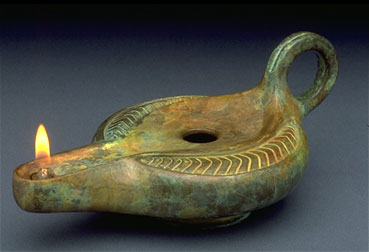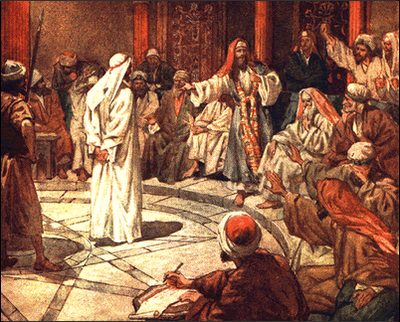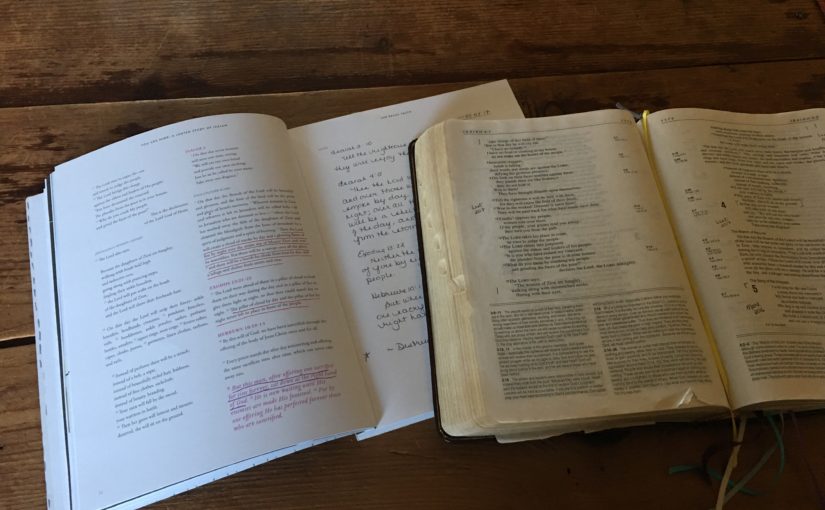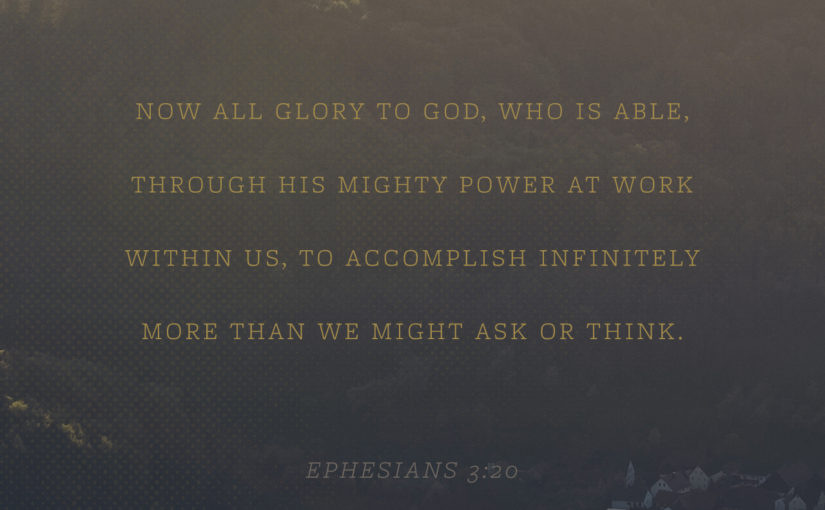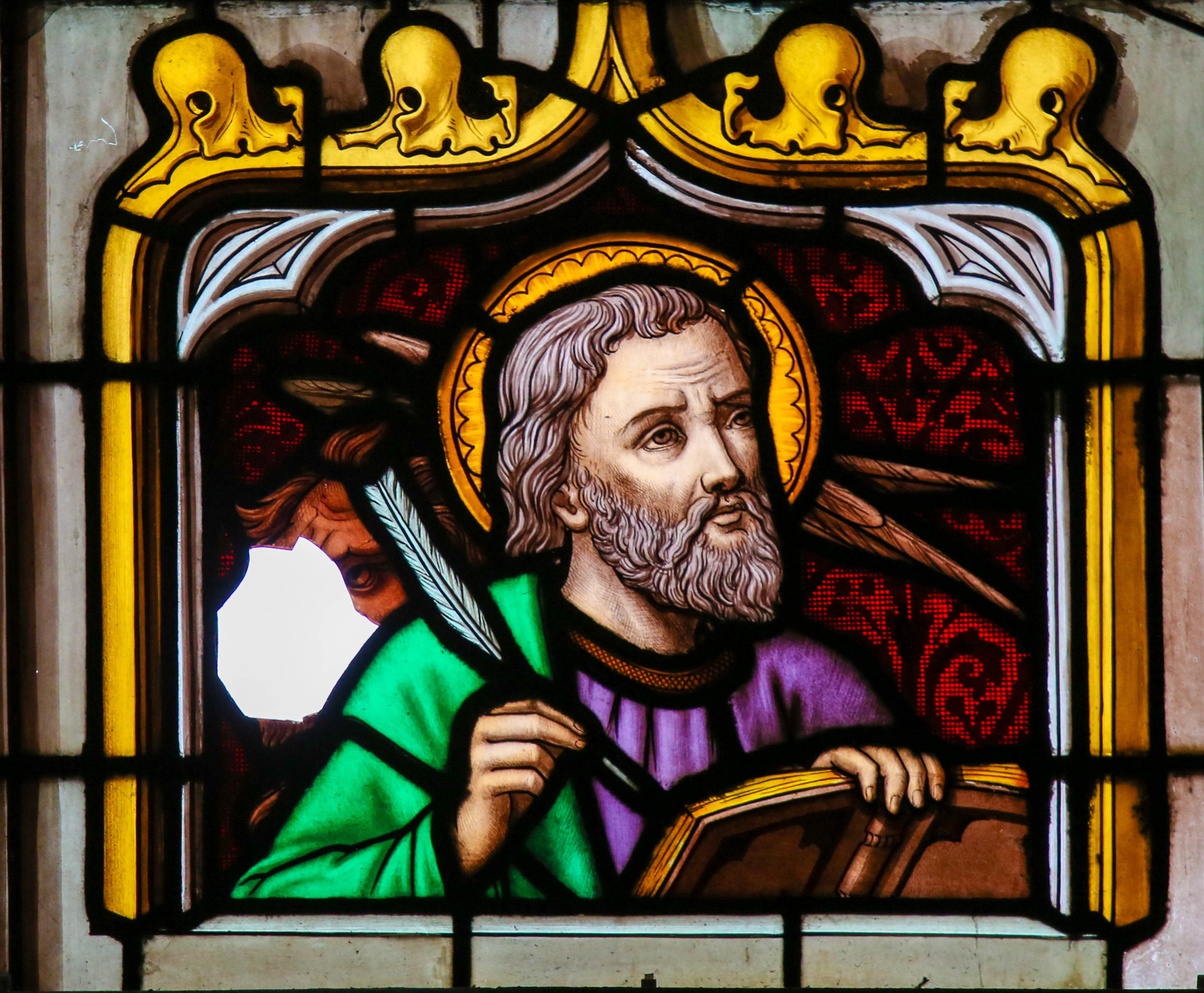Happy Fourth of July!
Taking the 50,000 foot approach to starting our devotional and reflections on Philippians is as Paul would say, “pure joy!” This letter is one of Paul’s prison epistles . It was a positive letter by Paul written to thank the Christians living in Philippi for their gift they had sent him for his missionary work. It was also to strengthen fellow believers by showing them (us) that true joy comes from Jesus Christ alone. Amen!
As we look back in Acts 16 we read how Paul had a divine dream that told him to go to Macedonia to spread the good news. (Acts 16:8-10) God always has amazing perfect plans for all of our lives. This dream was perfectly planned. In Psalm 37:23, the psalmist writes, “the Lord makes firm the steps of the one who delights in Him“. God not only orders our steps but also orders our stops, especially in this case. This vision lead to Philippi where they would be the first European City to receive the Gospel of Christ from Paul.
As I reviewed the various reflections on Philippians and read the intro’s in my study bibles I continue to land on the theme about the contrast between happiness and joy. Knowing people want to feel happy and look for this in different material things, experiences, people, statuses, or even places like Happy Gilmore. Yet all of this is just worldly happiness, that can often be related to our temporary current circumstances. What is your current circumstance? What is mine? The weather has been great, the pool is the perfect temp, camps have gone well, the pictures or final details are being finalized for all summer trips? But what happens when the temperature changes, that 4th of July party ends, the children need to get back on a schedule…? Or on a more serious side, a job has been lost, you lose a loved one, a bill comes in that leaves you strapped, your child faces addiction? Our happiness that is based on happenings can wither as each new trial prevails. Going through Philippians will help remind us that in contrast to this earthly happiness or sadness true joy depends on our relationship with God. According to the Tyndale Study Bible it says, “In contrast to happiness stands joy. Running deeper and stronger, joy is the quiet, confidence assurance of God’s love and work in our lives, that He will be there for us no matter what! Happiness depends on happenings, Joy depends on Christ!”
So rejoice and enjoy these four chapters and look for the themes that include; finding joy in suffering, serving, believing, and giving. I know my wife Jennifer will enjoy me referencing once again “Consider it all joy… verse from James 1:2-3 that I use often in our household of two young boys that love to follow a fallen, broken, bigger boy in myself. I pray for Jennifer and I, our boys, and all of you to not seek the happiness of the world, but know the true joy in our relationship with the Lord!
Dear God ,
We are blessed by these letters of encouragement by Paul. Please fill our hearts when we have the feeling of being overwhelmed or in despair. Help us to pray for others that need to know your promises. Help us to stay positive and trust in you no matter our circumstances. Lord, help us to follow Paul’s example and know you more so we will rejoice in you always. Amen
Philippians 3:13-14 Brothers and sisters, I do not consider myself yet to have taken hold of it. But one thing I do: Forgetting what lies behind and straining toward what lies ahead, I press on toward the goal to win the prize for which God called me heavenward in Christ Jesus.




